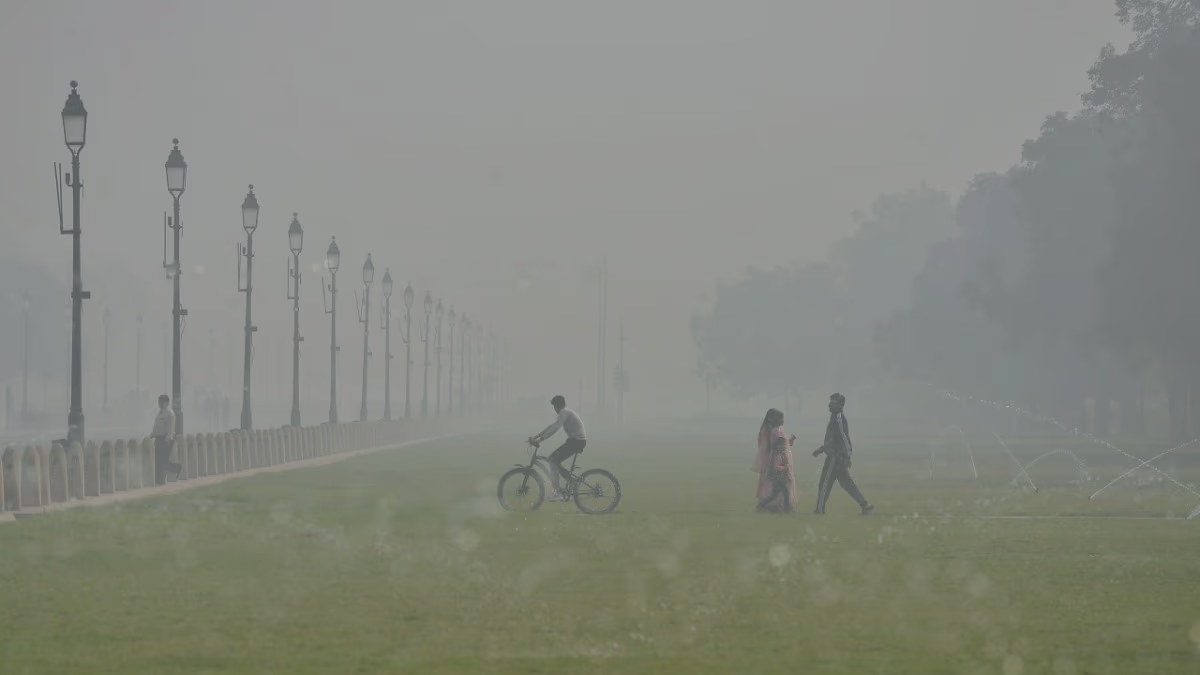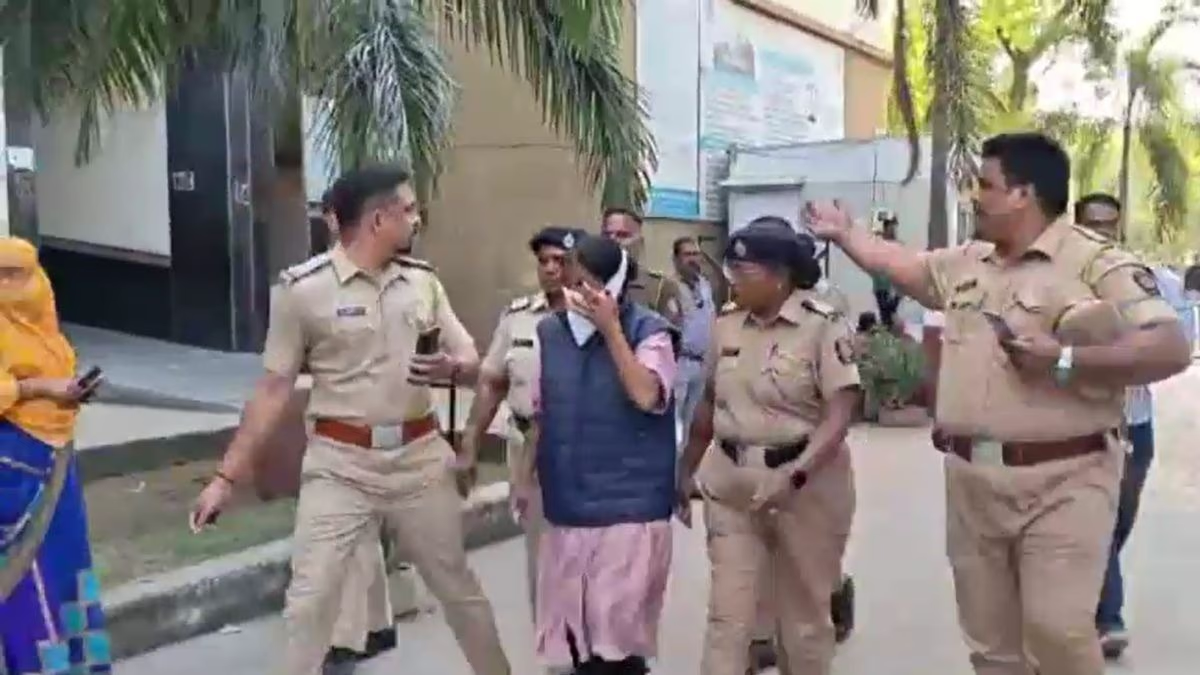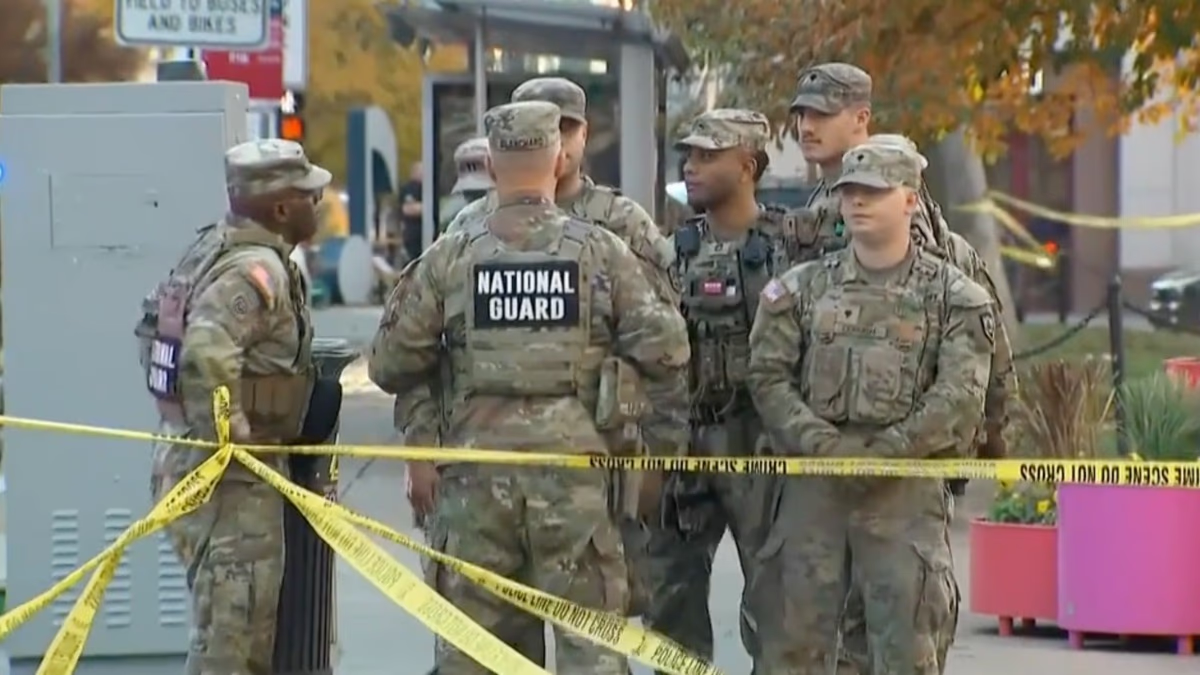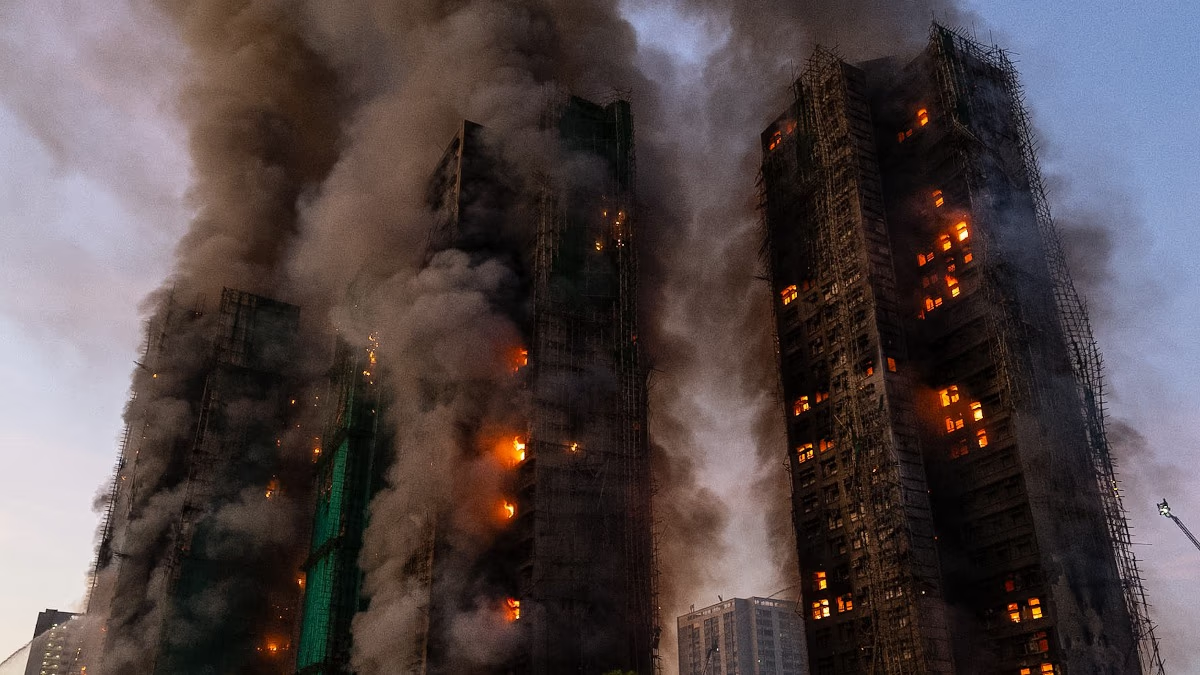While Delhi-NCR's air has shown some signs of improvement, the Supreme Court has firmly rejected any relaxation in the stringent rules of the Graded Response Action Plan (GRAP)-IV implemented in Delhi. On Monday, the Supreme Court reaffirmed its stance on maintaining the current restrictions. However, the court instructed the Air Quality Management Commission (CAQM) to consider what can be done for the large number of children unable to attend schools, missing mid-day meals, unable to participate in online classes, and lacking access to air purifiers.
This directive came while addressing a case brought to attention during a hearing that highlighted many children in Delhi are unable to go to school due to the restrictions, impacting their educational and social lives.
The Supreme Court also emphasized the necessity of seeking long-term solutions to reduce the impact of air pollution in urban areas alongside essential measures to improve air quality. The court directed that resolving the air quality crisis should prioritize public health.
Breaking: 'What Will They Eat Sitting at Home?', Laborers Struggle Amid Air Pollution Restrictions
Indeed, the bench, led by Justice Augustine George Masih, was deliberating whether to maintain or ease the restrictions imposed under GRAP-4. On this matter, SC inquired about the number of checkpoints monitored. In response, the advocate informed the court commissioner had examined a total of 83 checkpoints. However, a lawyer conducting the survey noted that while checking was underway, it was not effective. Vehicles coming from Haryana and the opposite side were blocked at some checkpoints.
Delhi government's lawyer reported that three to four employees at different levels were assigned to the checking. Furthermore, it was argued that truck drivers were unaware of whether they were permitted entry into Delhi. SC questioned Delhi Police if there was any written order after November 18 to permanently deploy police at checkpoints? To which ASG Aishwarya Bhati replied orders were issued but lacked copies currently.
SC highlighted that between November 18 and 23, the Delhi government did not adequately adhere to GRAP-4 guidelines. Steps to prevent trucks from entering Delhi were insufficient.
SC pointedly asked Delhi Police why only 13 posts had checkpoints. This oversight was observed at merely 23 points. We will instruct the CAQM commission to prosecute the Delhi Police Commissioner under section 14.
What is the GRAP Plan?
GRAP is established to reduce pollution levels in Delhi-NCR. It comprises 4 stages, each with measures to lower pollution.
What is Restricted Under GRAP-4?
1. Ban on industrial and construction activities. 2. Denial of entry for trucks and heavy vehicles into the capital region. 3. Prohibition on waste burning. 4. Emphasis on limiting the number of vehicles. 5. Ban on polythene and other pollutants.




